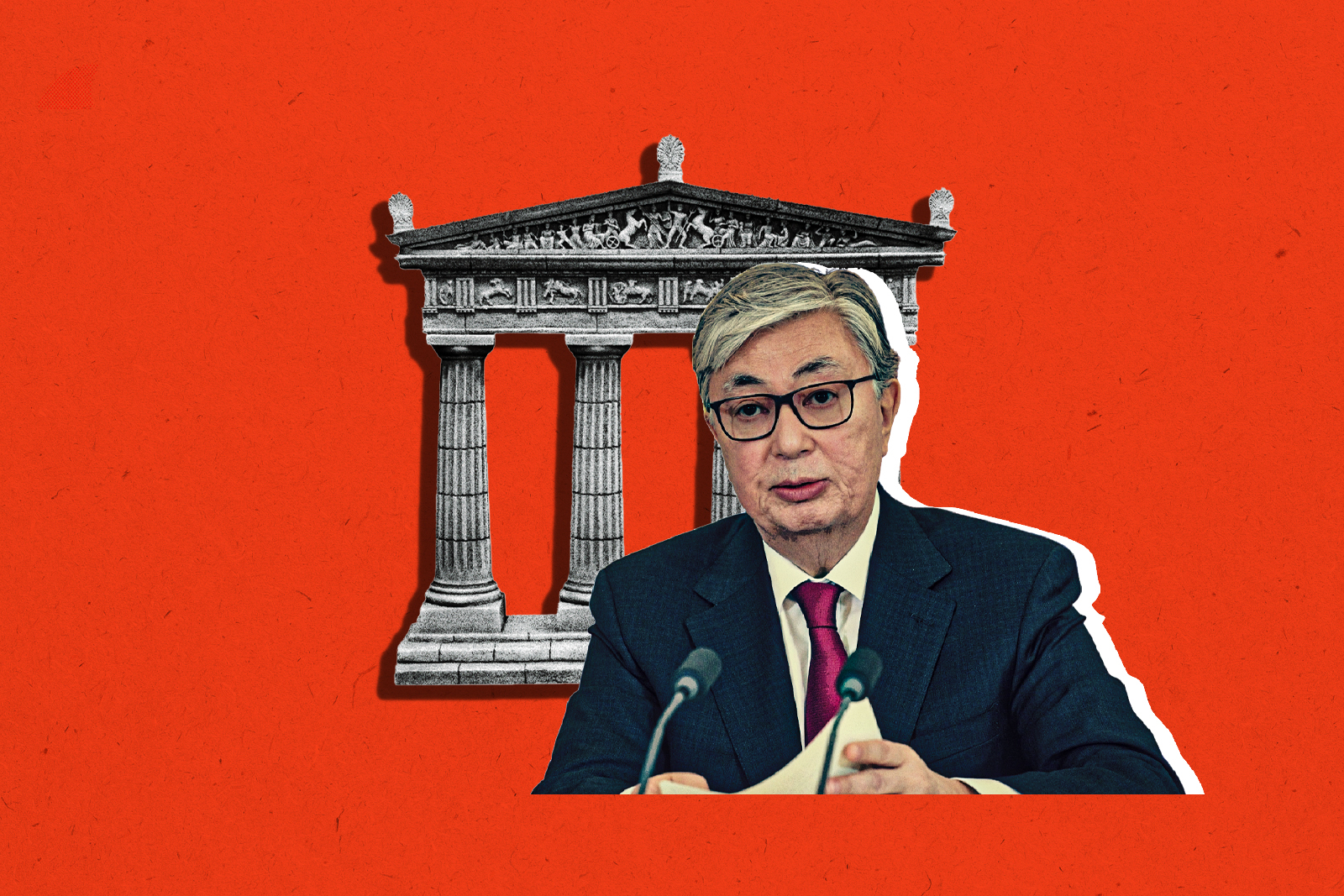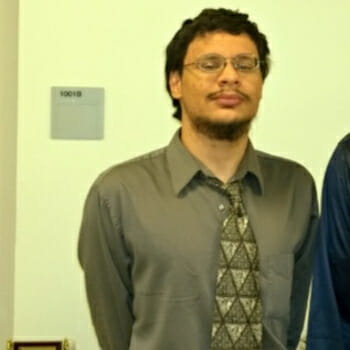
Can Kazakhstan Keep its Democratization Promises?
ASTANA, Kazakhstan – In a meeting with members of Kazakhstan’s Council of Senators on November 18 at the stunning Qazaqstan Hall for members of the international press, the general message was low on specifics and big on buzzwords.
Overall, the speakers seemed to be trying to convey how the new administration is rapidly democratizing governance after the resignation of former President Nursultan Nazarbayev in 2019, and wide-scale protests and rioting over the state of society that rocked the ex-Soviet state in January of this year.
There was little talk of setbacks, and not much in the way of substantive, concrete policies or results. Sergey Gromov, former Deputy Chair of the Kazakh Senate, said “We still have a very divided society,” in a rare moment of candor. This would be in reference to the haves and the have-nots, rather than by creed; Kazakhstan is very harmonious, in regard to religious and ethnic differences, in part a legacy of the Soviet ethos of secularism and pan-ethnic unity.
Someone asked a question about reforming corrupt governance. I asked a follow-up question about how Kazakhstan can realistically crack down on offshore embezzlement stashes and legalized tax cheating which even Western economies have failed to effectively crack down on.
A couple of officials mentioned how Kazakhstan abides by international financial crime policing protocols and engages in the “best practices in other countries” while also acknowledging that they can’t be expected to take the lead on multi-trillion-dollar tax offshoring, embezzlement, and other financial misdeeds.
The consolidation of power in the hands of elites remains an issue in Kazakhstan, as in many of the former Soviet states. In regard to this power imbalance, President Kassym-Jomart Tokayev, who assumed the presidency after the resignation of Nazarbayev, has been surprisingly candid. For instance, he has said that “At the same time, some prominent businesspeople who are part of the oligopoly and even its personification are in no hurry to participate in a charity event initiated by the head of state. Is it greed, nihilism, slovenliness, or neglect?”
Later that day, I attended a talk by State Counselor Yerlan Karin on Kazakhstan’s democratic reforms, at KazMedia Ortalygy, a veritable palace dedicated to the country’s media production. The general theme continued. For instance, it was conveyed that, “130 norms of the current legislation have been updated,” and how, “[a third] of the Constitution was amended.” “Right now we are producing new reforms on the establishment of a more competitive political system,” boasted Karin.
Details were scarce, other than mentions of changes to the executive and legislative branches. When asked about possible election-related civil unrest, he also stated in a way that was both reassuring and somber, “Enemies of the reforms don’t have any social support.” A Lithuanian journalist pointed out how the rapid reforms touted by Karin seem to be top-down in nature, with little input from ordinary people. Karin didn’t directly refute the statement but seemed to reiterate his talking points.
At both of these talks, it was emphasized how over 77% of voters backed new constitutional amendments. This impressive vote wouldn’t have any bearing on the subsequent rollout of the actual amendments and their enforcement mechanisms. There wasn’t any talk of engaging civil society, other than via encouraging voting on referendums and races, and no mention of trade unions, religious groups, or NGOs.
The speakers seemed to be acting in good faith, rather than being deliberately obstinate. As the Lithuanian journalist pointed out, the top-down approach could lead to a certain bias, in terms of evaluating mechanisms for change. Kazakhstan is still transitioning from the three-decade rule of Nursultan Nazarbayev, so it should be expected that the government would still have growing pains, in terms of transitioning away from Soviet-style authoritarianism to democratic norms.
On November 18, Kazakhstan’s much-touted reforms on the minutiae of the legislature and of voting procedures came into effect. So, time will have to tell us whether the reforms being trumpeted by the new administration genuinely transform civil society or whether they are mostly a PR stunt.
